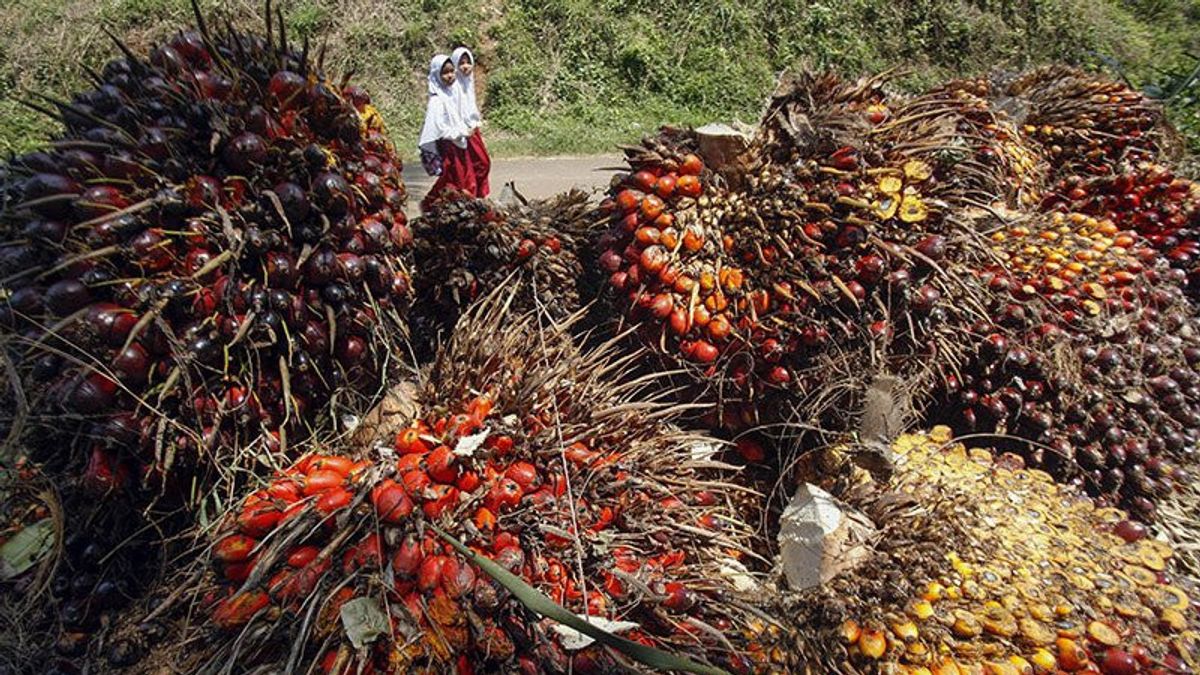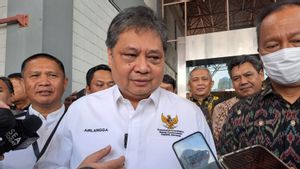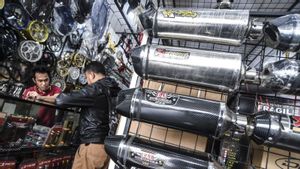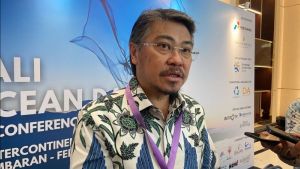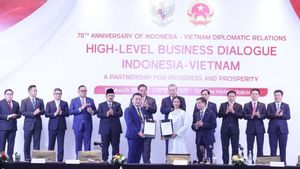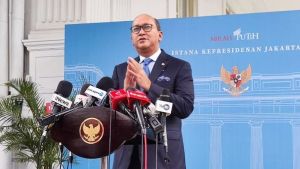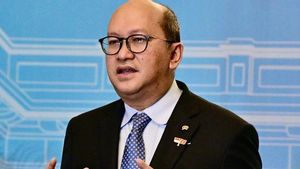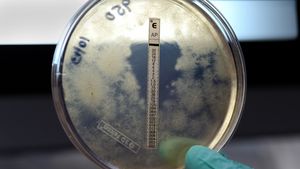BANDA ACEH - The Association of Indonesian Palm Oil Farmers (Apkasindo) of Southwest Aceh Regency said the price of fresh fruit bunches (FFB) at the factory level in the area since last Wednesday rose to Rp2,110 per kilogram (kg).
"The price of FFB at PT Mon Jambee is IDR 2,110 per kg, while at PT Sawit Mas Sejahtera (SMS) it is IDR 2,080 per kg. This price is IDR 30 higher than two weeks ago," said Apkasindo Chairman Aceh Barat Daya Muslim Hasan in Blangpidie quoted from ANTARA, Friday, February 23.
He considered that the increase in the price of palm oil FFB in the district was influenced by several factors, both external and internal.
For external factors, he continued, it was influenced by the price of crude palm oil (CPO) at the export ports of Belawan Medan and Dumai Riau, as well as transportation costs issued by palm oil (PMKS) entrepreneurs to transport CPO to Belawan Medan.
Meanwhile, internal factors are influenced by the local average CPO rendeman content, which is currently still low in the Abdya area, which is around 19 percent.
He said oil palm farmers in Abdya could increase the CPO rendemensation by managing better plantations.
This, he continued, includes optimal and periodic fertilization, garden cleanliness, and fruit harvest in accordance with maturity standards so that the selling value of palm oil FFB can be better.
In addition, he said, the importance of the quality of oil palm seeds planted, because good quality seeds can increase the potential for CPO rendemens by up to 26 percent, while fake seeds can only reach a maximum of 18 percent.
Muslim Hasan hopes that the price of palm oil FFB in Abdya can continue to increase, so as to improve the welfare of farmers.
In addition, Apkasindo also hopes that the government will provide policies that support the palm oil industry, especially in terms of market prices and transportation costs.
SEE ALSO:
Likewise with the fertilizer price policy. He said, oil palm farmers no longer receive subsidized fertilizers, so this is also an obstacle for farmers in garden management and an increase in CPO rendements.
"We hope that in the future the government will also provide the same portion of policy for oil palm farmers as well as policies for food farmers," he said.
The English, Chinese, Japanese, Arabic, and French versions are automatically generated by the AI. So there may still be inaccuracies in translating, please always see Indonesian as our main language. (system supported by DigitalSiber.id)
